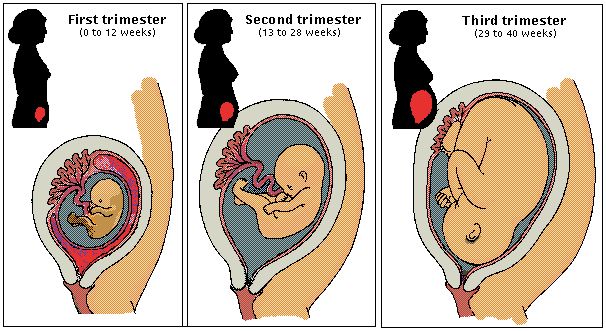 You should speak up if you’re feeling down April 27, 2011
You should speak up if you’re feeling down April 27, 2011
Statistics show that one in eight women suffer from depression, anxiety or panic disorder before or after pregnancy, says Lillian Koppelman, project director for the Health Care Coalition of Southern Oregon.
Koppelman says each illness is treatable if diagnosed, but unfortunately the symptoms are not commonly recognized.
“Many pregnant and postpartum women feel anxious or depressed, and we want to tell women there is no shame in asking for help,” she says.
Women, their husbands and significant others are encouraged to join the “Speak up When You’re Down” movement.
“It’s the only way to get help, feel better and enjoy your family,” says Koppelman.
Koppelman and the coalition, which includes Jackson County Public Health, La Clinica, Community Health Center, Josephine County Public Health, Siskiyou Community Health Center and Douglas County Public Health, will be airing public service announcements throughout the month of may encouraging women to give voice to their feelings.
Postpartum depression and anxiety symptoms may include trouble sleeping or sleeping too much; lack of interest in the baby; crying uncontrollably; irritability or nervousness; changes in appetite — eating much more or much less; and lack of interest in family and friends.
Depression and anxiety can affect women before, during or after pregnancy. if you or a loved one has feelings that are more than a mild case of the “blues,” there is help available. Call 1-800-944-4773, a 24/7 bi-lingual message line, and and a trained volunteer will return the call within a day, providing support, information, and resources. (Clarificatiion: Details of the helpline services have been updated in this story.)
Please note this is not a crisis hotline and it does not handle emergencies. People in crisis should call their physicians, their local emergency number or the National Suicide Prevention Hotline at 1-800-273-8255.
Ads by Google